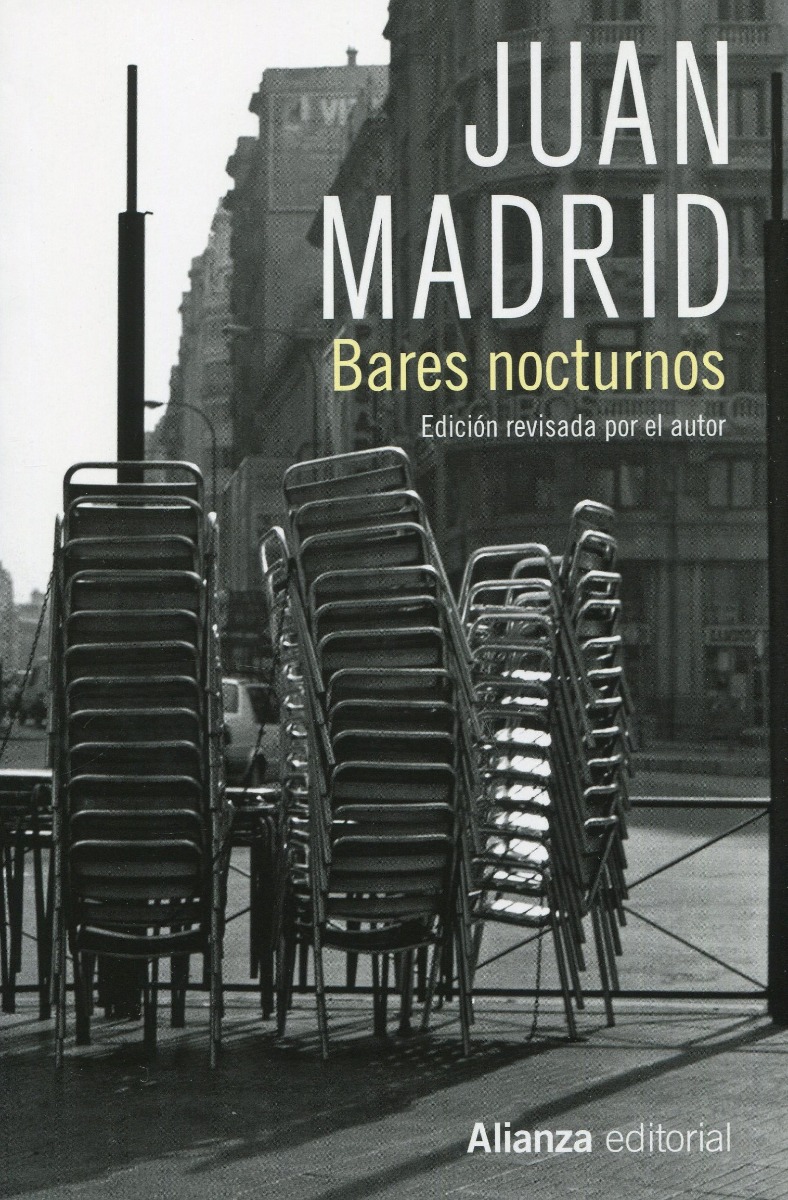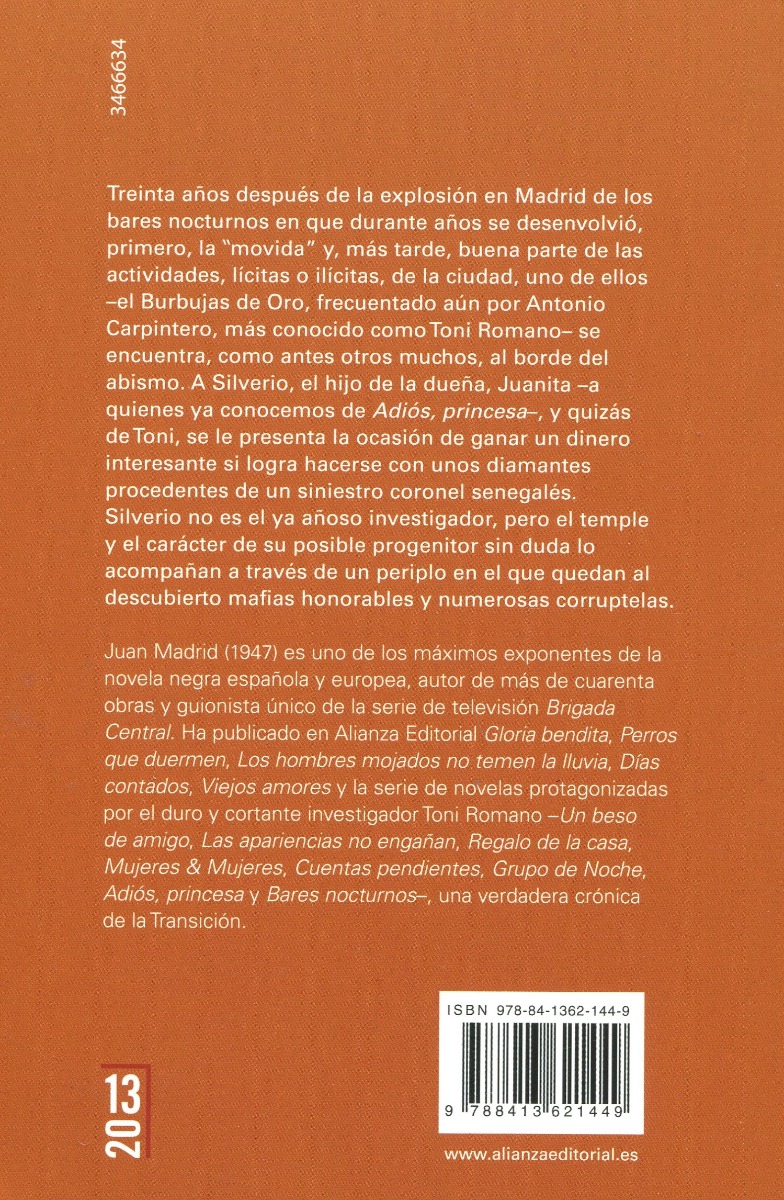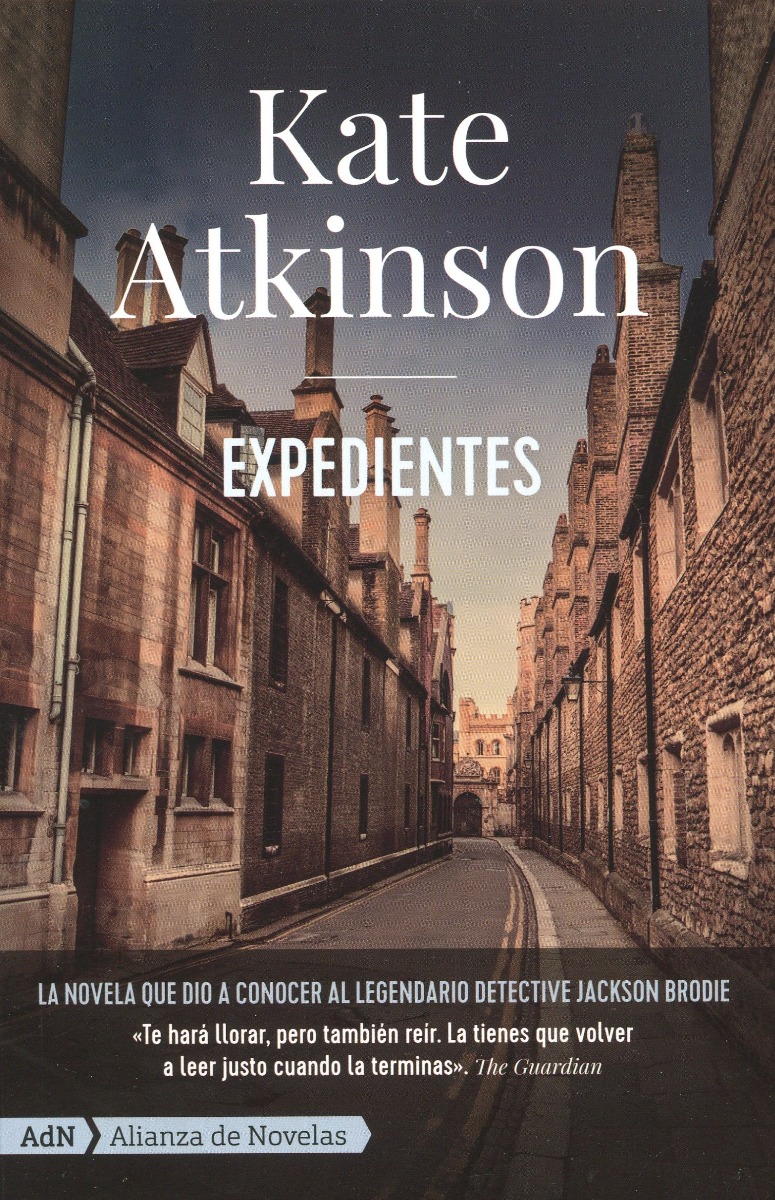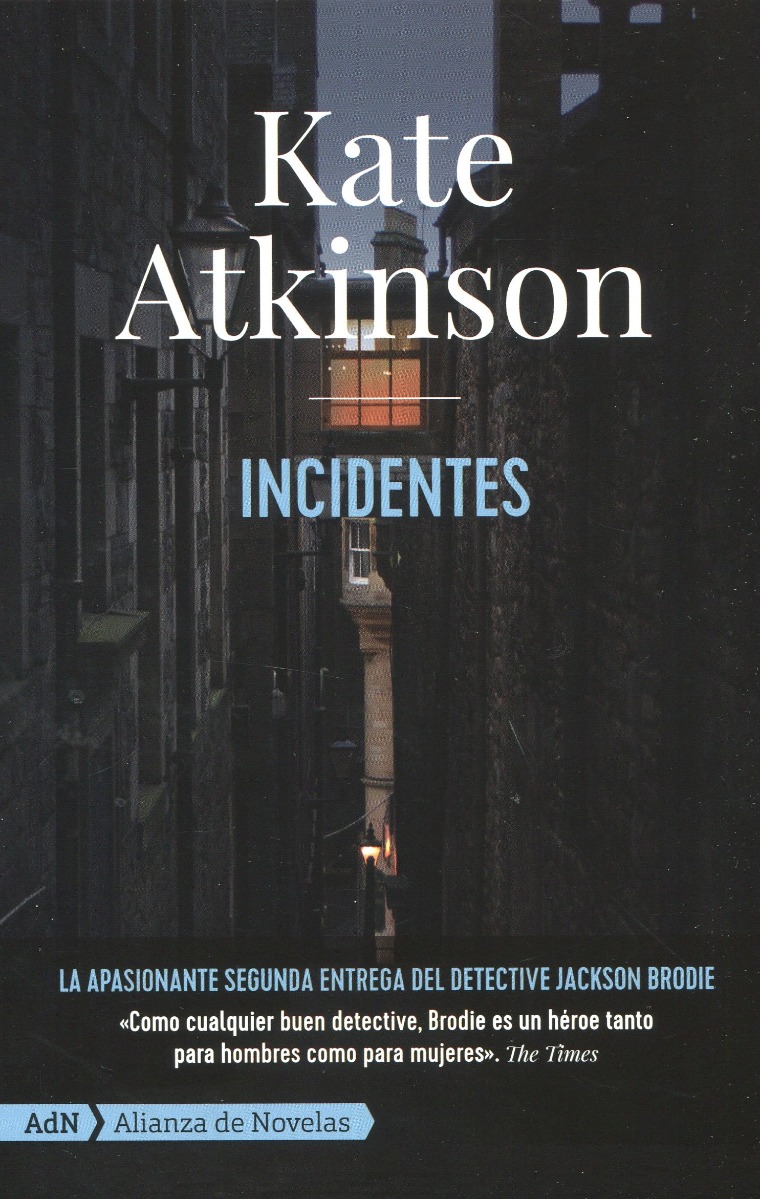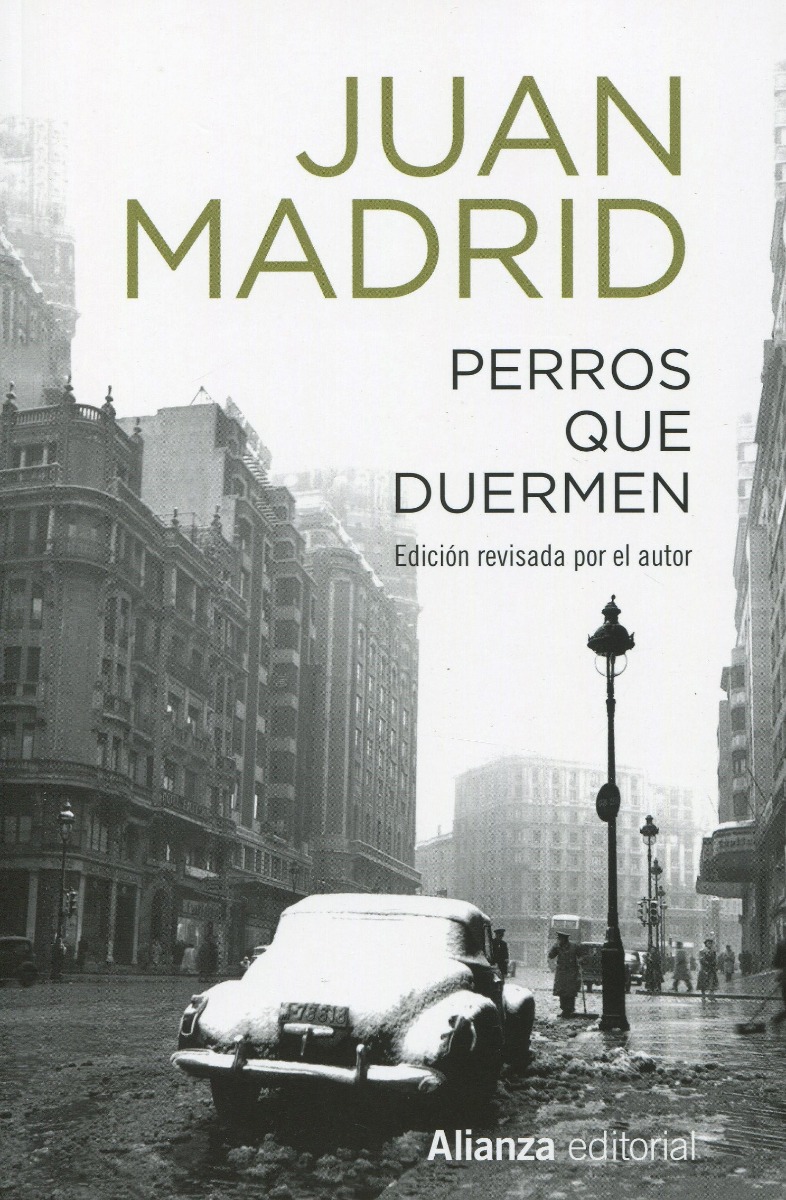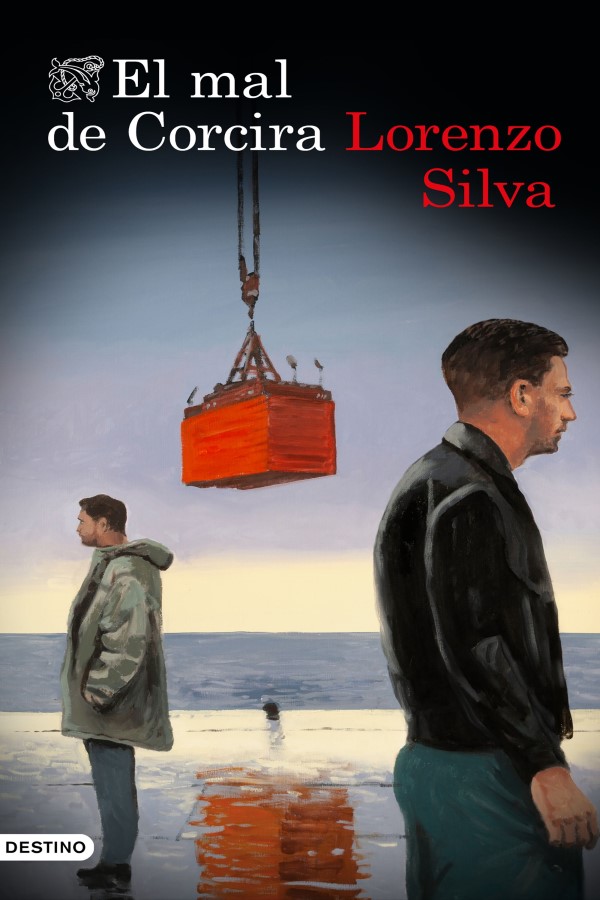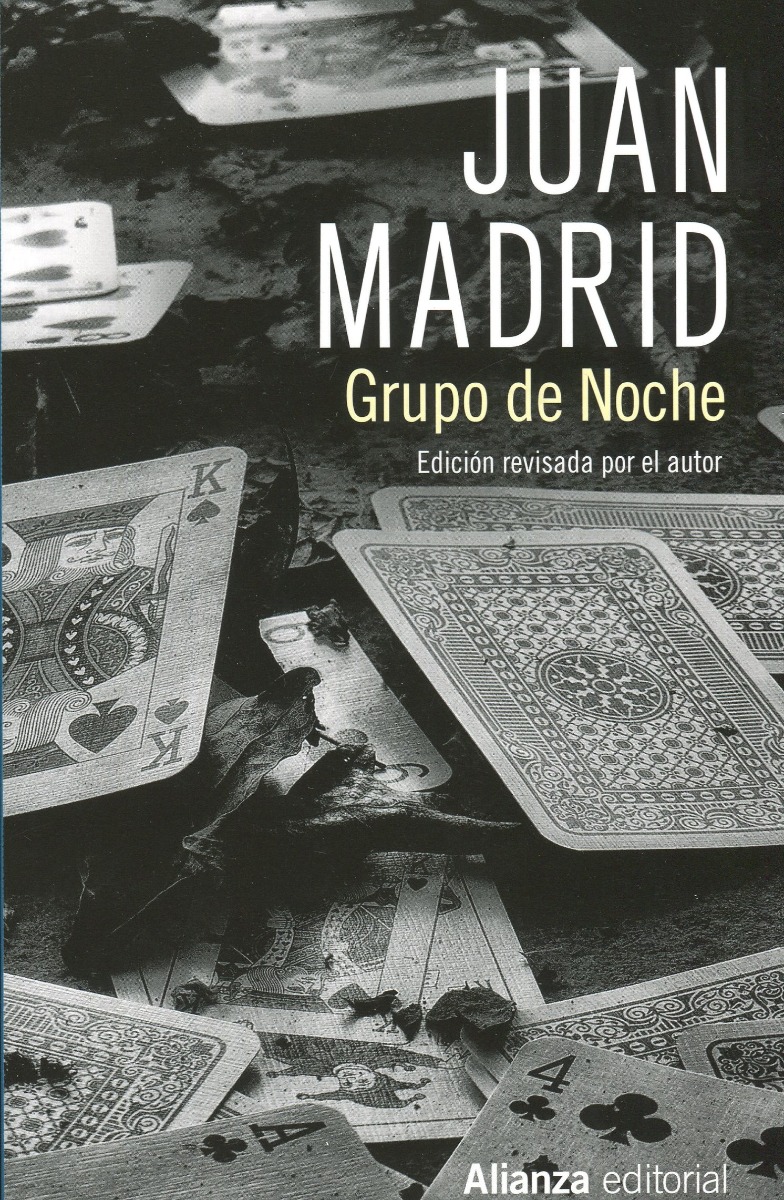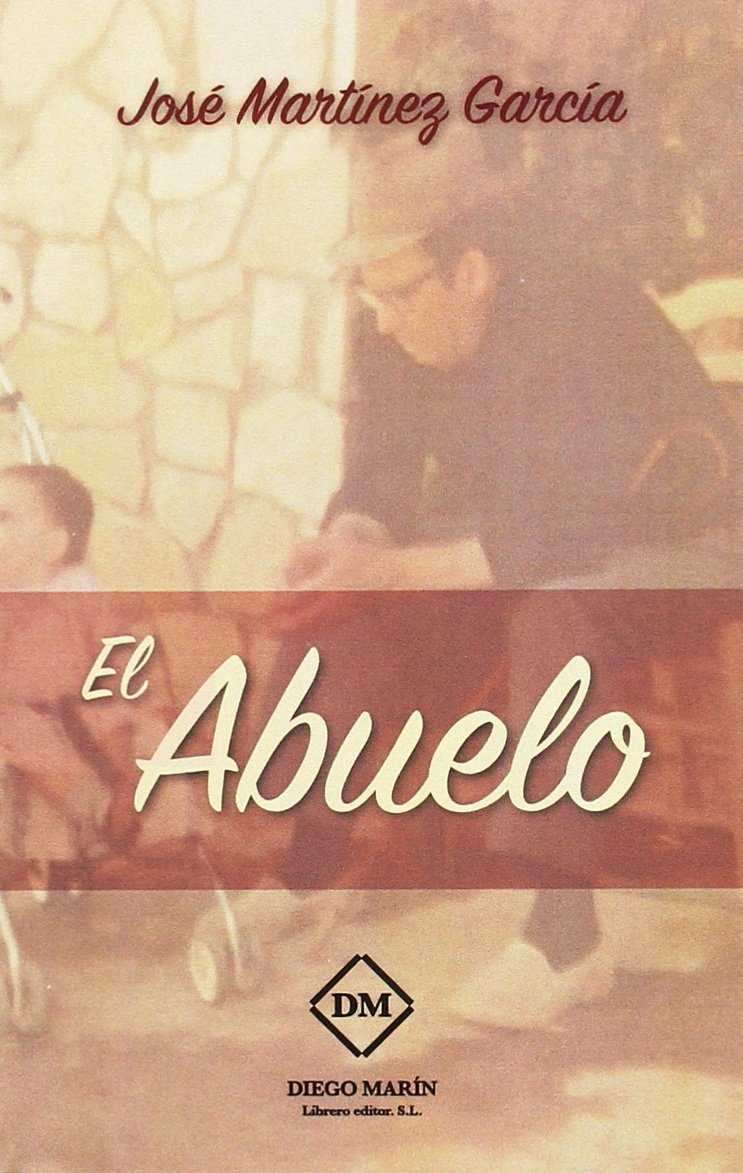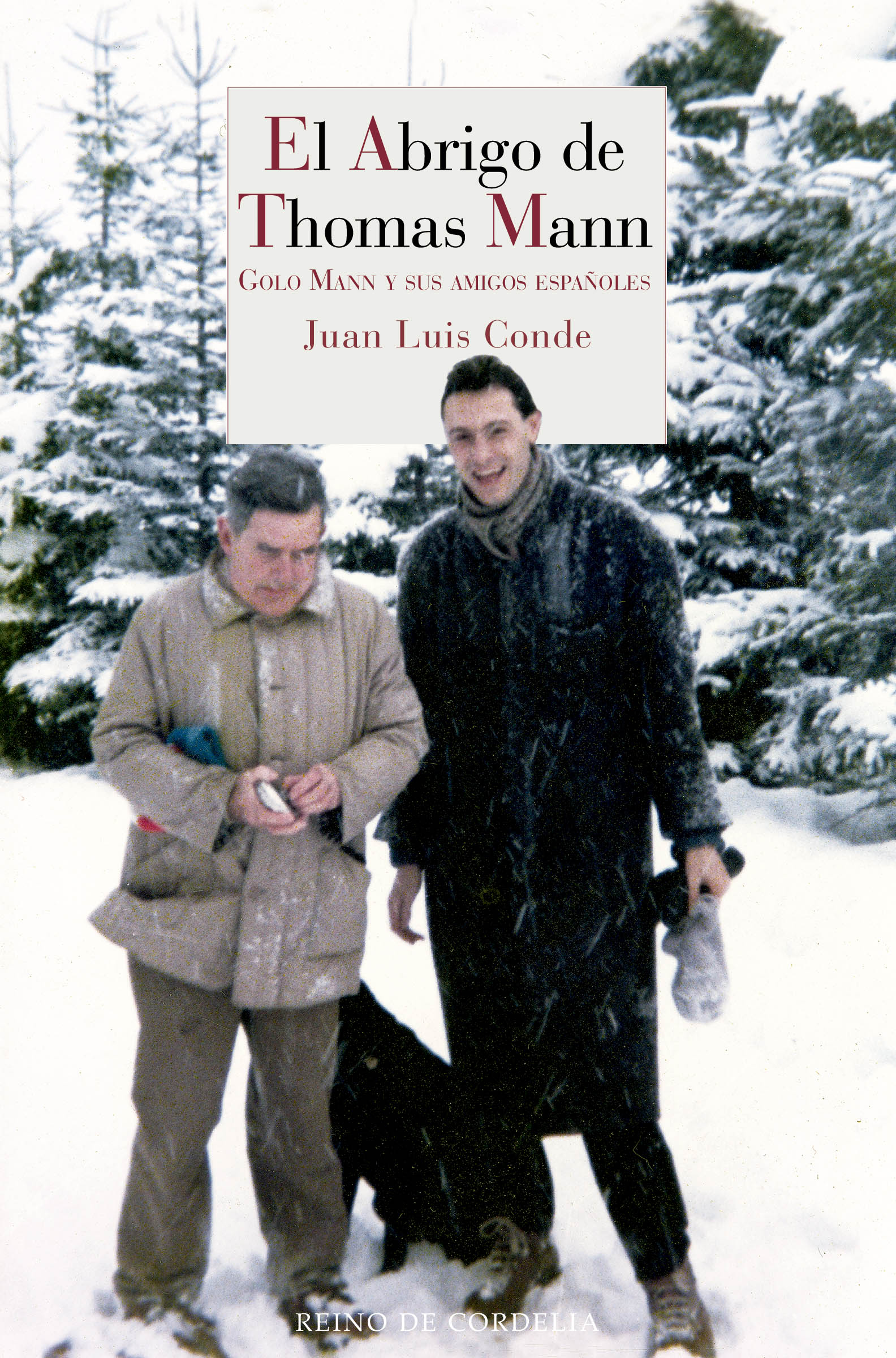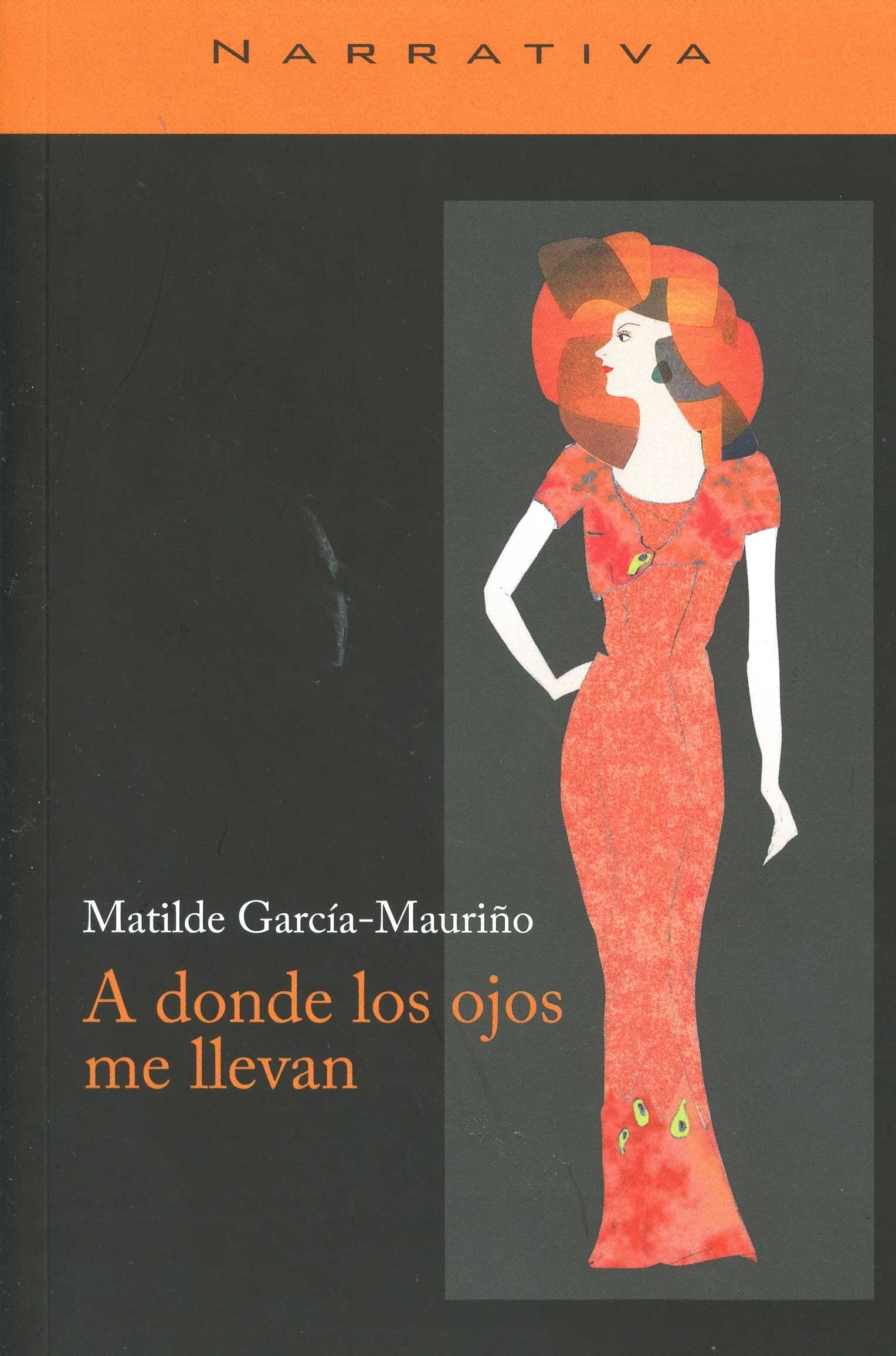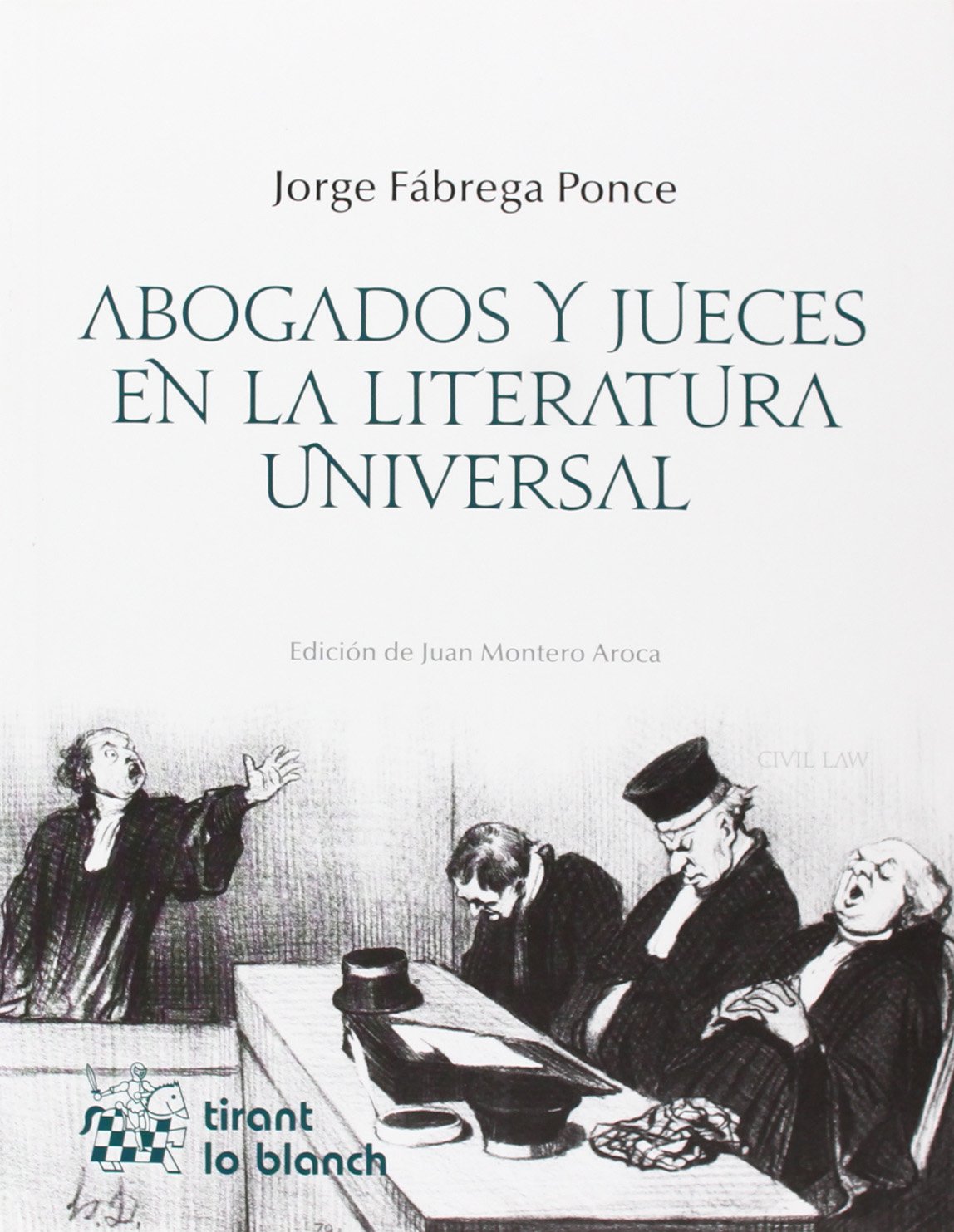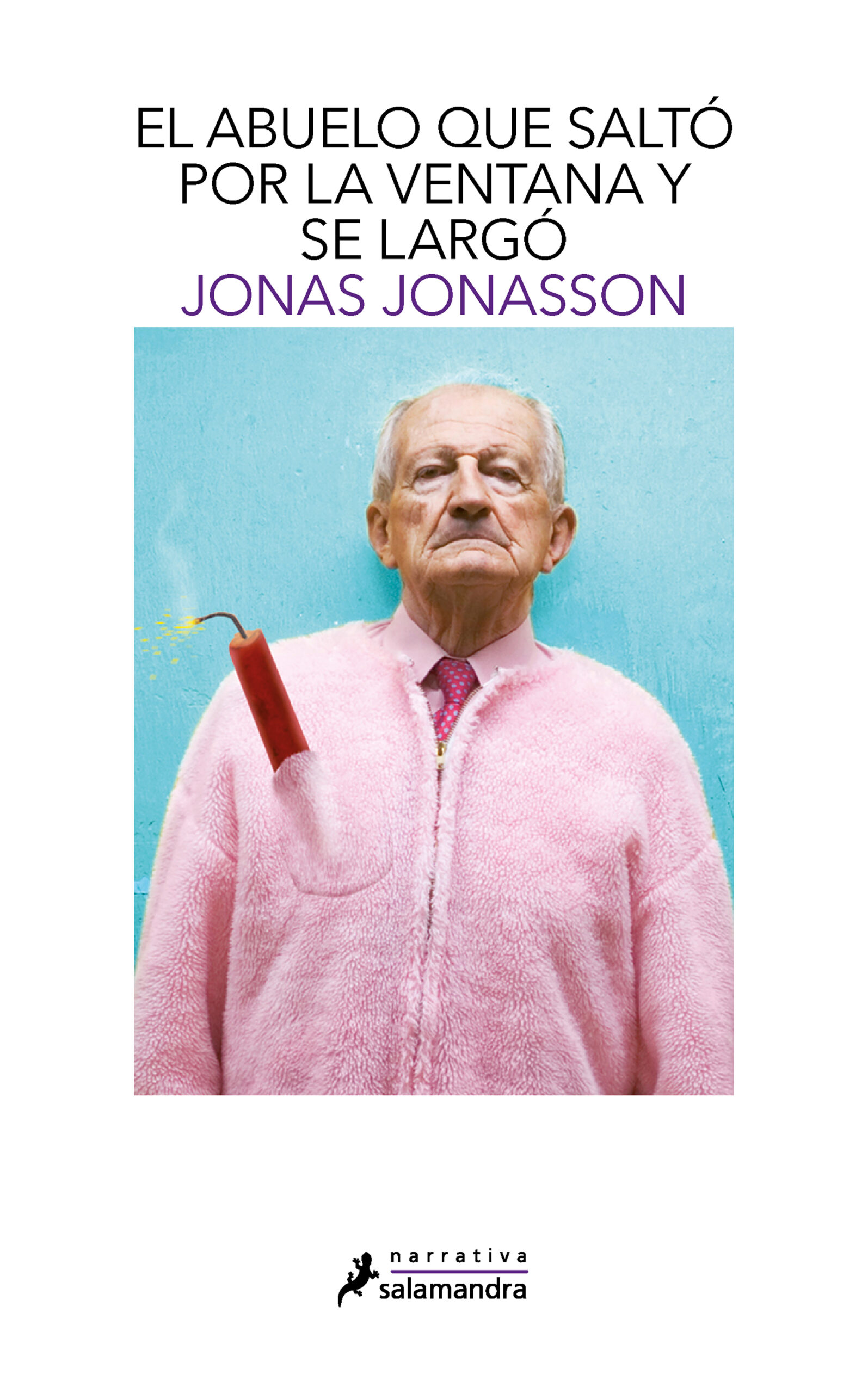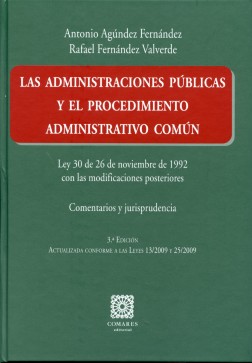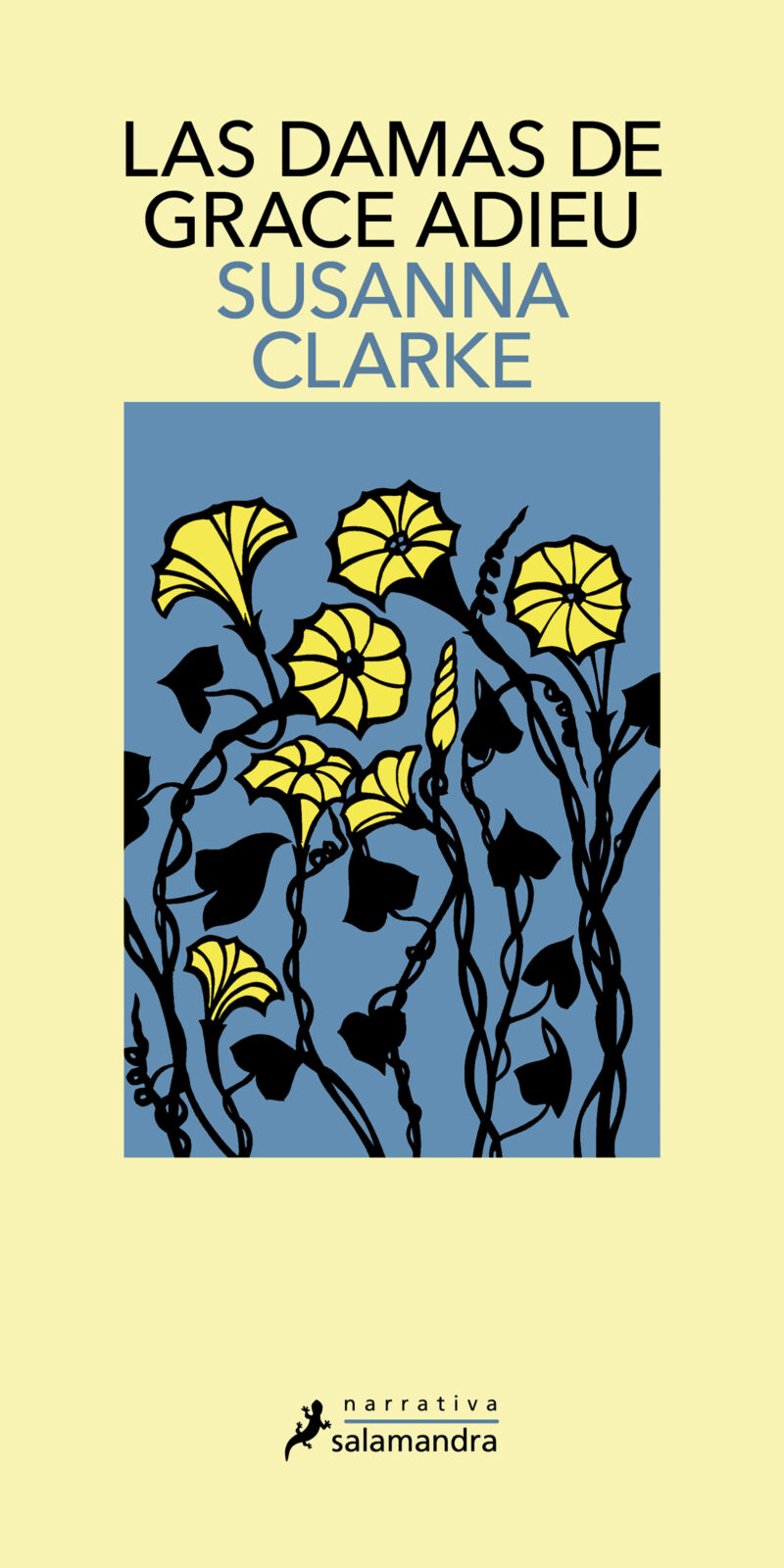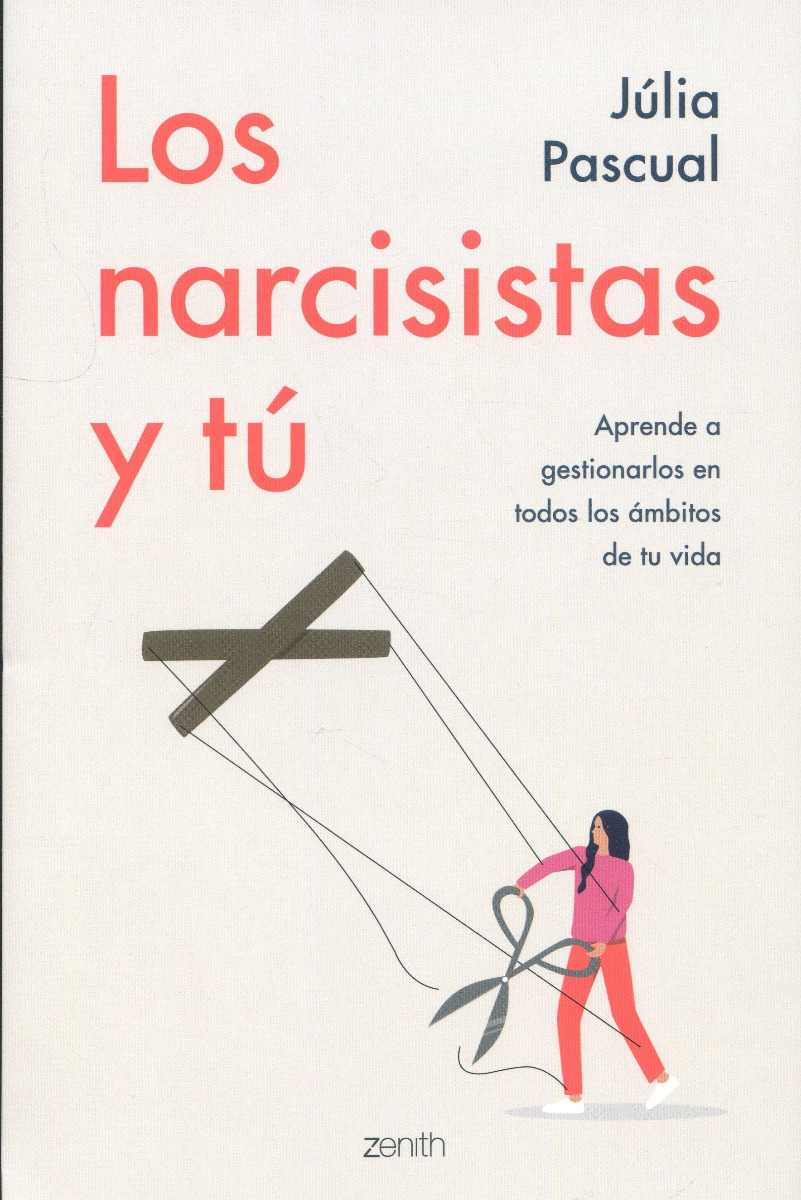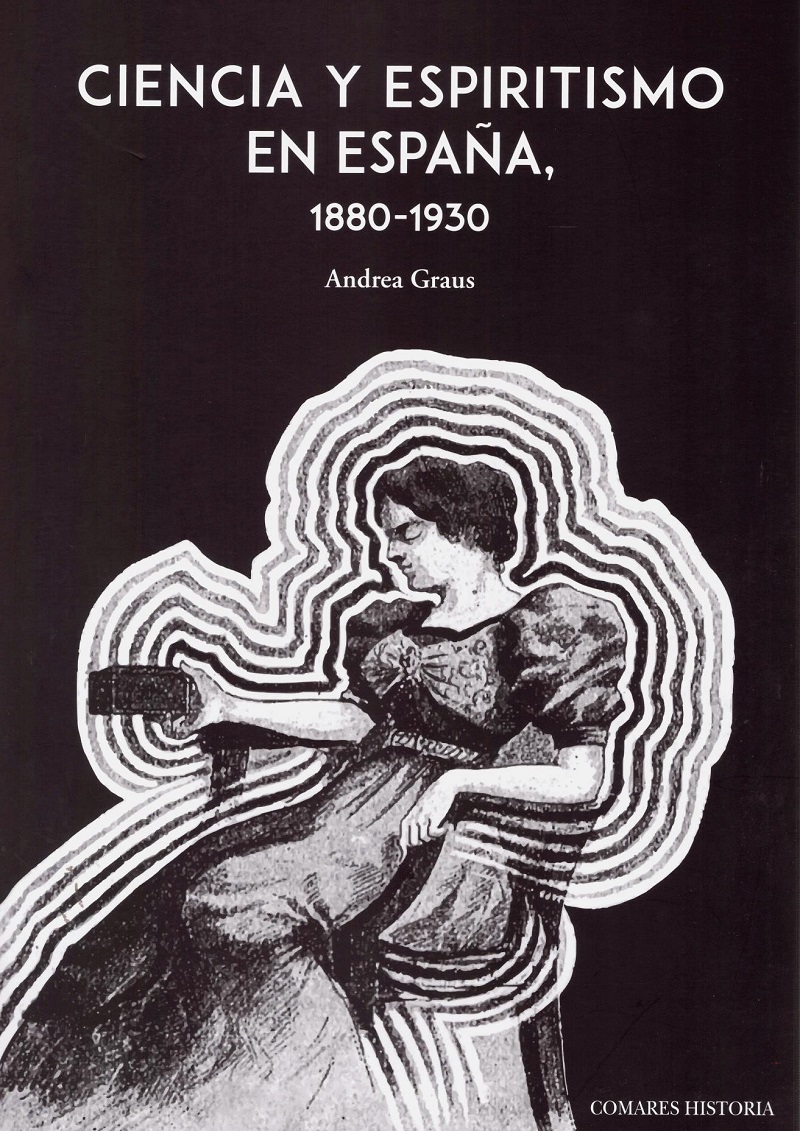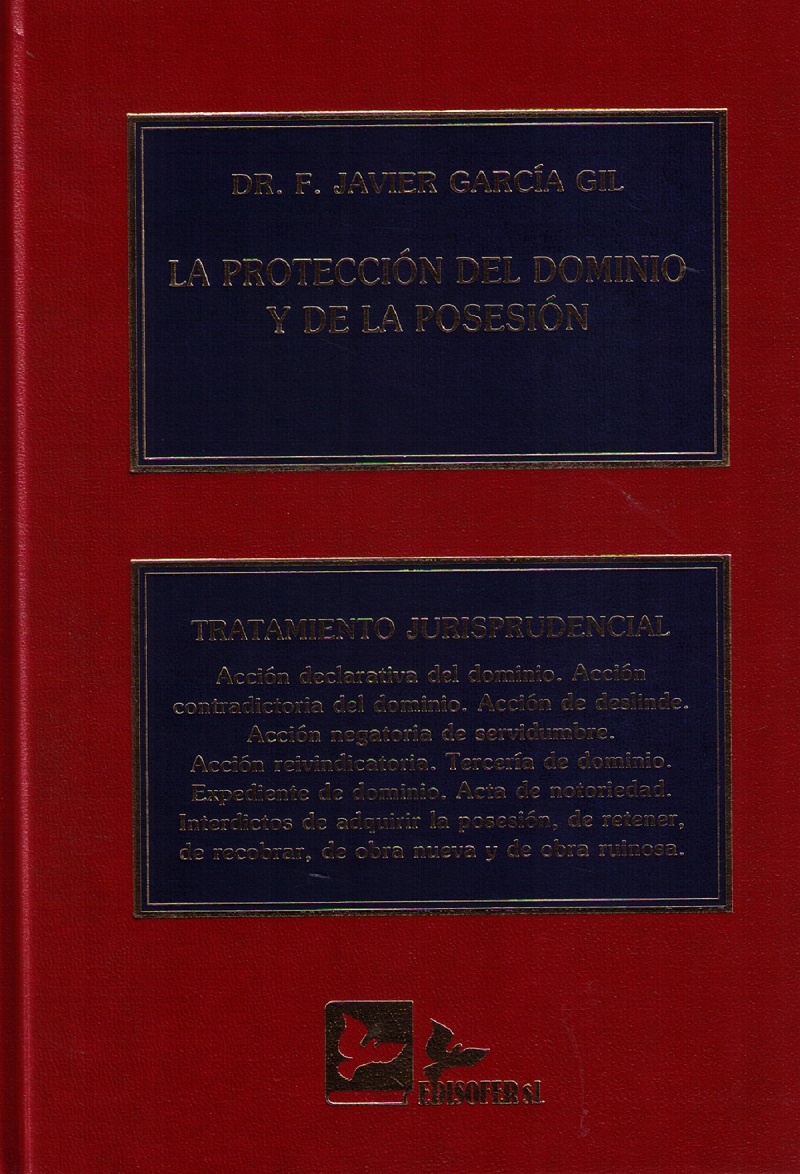Treinta años después de la explosión en Madrid de los bares nocturnos en que durante años se desenvolvió, primero, la “movida” y, más tarde, buena parte de las actividades, lícitas o ilícitas, de la ciudad, uno de ellos (el Burbujas de Oro, frecuentado aún por Antonio Carpintero, más conocido como Toni Romano) se encuentra, como antes otros muchos, al borde del abismo. A Silverio, el hijo de la dueña, Juanita (a quienes ya conocemos de “Adiós, princesa”), y quizás de Toni, se le presenta la ocasión de ganar un dinero interesante si logra hacerse con unos diamantes procedentes de un siniestro coronel senegalés. Silverio no es el ya añoso investigador, pero el temple y el carácter de su posible progenitor sin duda lo acompañan a través de un periplo en el que quedan al descubierto mafias honorables y numerosas corruptelas.
Bares nocturnos
ISBN: 9788413621449
El precio original era: 13,95€.13,95€El precio actual es: 13,95€. 13,25€ IVA incluido
Hay existencias
| Peso | 229 g |
|---|---|
| Fecha de Edición | 28/01/2021 |
| Plazo de entrega |
24 h |
| Número de Edición |
1 |
| Idioma |
Español |
| Formato |
Libro |
| Páginas |
296 |
| Lugar de edición |
MADRID |
| Encuadernación |
Rústica |
| Colección |
13/20 |
| Editorial |
ALIANZA, EDITORIAL |
| EAN |
978-84-1362-144-9 |
Part One
Understanding the Cycles of Constitutional Time
Chapter One: The Recent Unpleasantness
A. Thinking in Terms of Cycles
B. The Framework of the Argument
Chapter Two: The Cycle of Regimes
A. Where Are We in Political Time?
B. The Waning of Poltical Time
C. Trump as the Great Reviver?
Chapter Three: The Cycle of Polarization
A. The Long Cycle of Polarization
B. Polarization in the Reagan Regime
C. Is Polarization Permanent?
Chapter Four: Constitutional Crisis
Chapter Five: The Cycle of Constitutional Rot and Renewal
A. Republican Insurance
B. The Four Horsemen of Constitutional Rot
C. The Political Economy of Republican Government
D. Constitutional Rot Produces Demagogues
E. A Demagogue for Our Times
F. The Acceleration of Constitutional Rot
G. The Bad News—and the Good News
Part Two
The Cycles of Judicial Review
Chapter Six: Judicial Review in the Cycles of Constitutional Time
A. Judicial time
B. The political supports for judicial review
C. Partisan entrenchment: judicial review and the party system
Chapter Seven: How the Rise and Fall of Regimes affects Judicial Review
A. Three questions about judicial review
B. Judicial review in the life-cycle of a political regime
C. The causes of change
D. Judicial review on the cusp of a new regime
Chapter Eight: The Role of Constitutional Theory in the Cycle of Regimes
A. The cycle of regimes and living constitutionalism
B. The cycle of regimes and originalism
C. The return of liberal skepticism about judicial review
D. Looking ahead
Chapter Nine: How Cycles of Polarization and Depolarization Shape the Exercise of Judicial Review
A. The judiciary in a depolarized world
B. The changing audience for judges
C. The end of elite consensus
D. The breakdown of the Carolene Products model
E. The collapse of the distinction between high and low politics
F. Disciplining “outliers” makes less sense
G. The federal judiciary as policy vanguard
H. The stakes of judicial appointments in a polarized world
Chapter Ten: Law in the Time of Constitutional Rot
A. Courts and party politics in an age of constitutional rot
B. Polarization limits judges’ abilities to recognize and halt constitutional rot
C. Judicial decisions can exacerbate constitutional rot by increasing economic inequality
D. Rot increases as courts become the policy vanguard
E. Rot generates constitutional hardball, which further undermines trust in the courts
F. Courts cannot protect democracy because they do not agree about what it is
G. Constitutional rot generates a “reverse-Carolene Products” effect
Chapter Eleven: Judicial Politics and Judicial Reform
A. Judicial politics in the next regime
B. Reforming the Supreme Court
Part Three:
Conclusion
Chapter Twelve: The Turn of the Cycles
A. How Polarization Leads to Disjunction
B. A New Regime without a Social Movement Party
C. The New Party Configuration
D. The Limits of a Cosmopolitan Party
E. How Constitutional Rot Ends
Acknowledgments
Index
Juan Madrid se licenció en Historia Contemporánea por la Universidad de Salamanca.Se inició en el periodismo en 1973 en la revista Cambio 16, y colaboró posteriormente en otras muchas. Ejerce la docencia en varios países de Europa y América y es un conferenciante frecuente en diversos foros. También ha trabajado como guionista de cine y televisión ( Serie Brigada Central)

